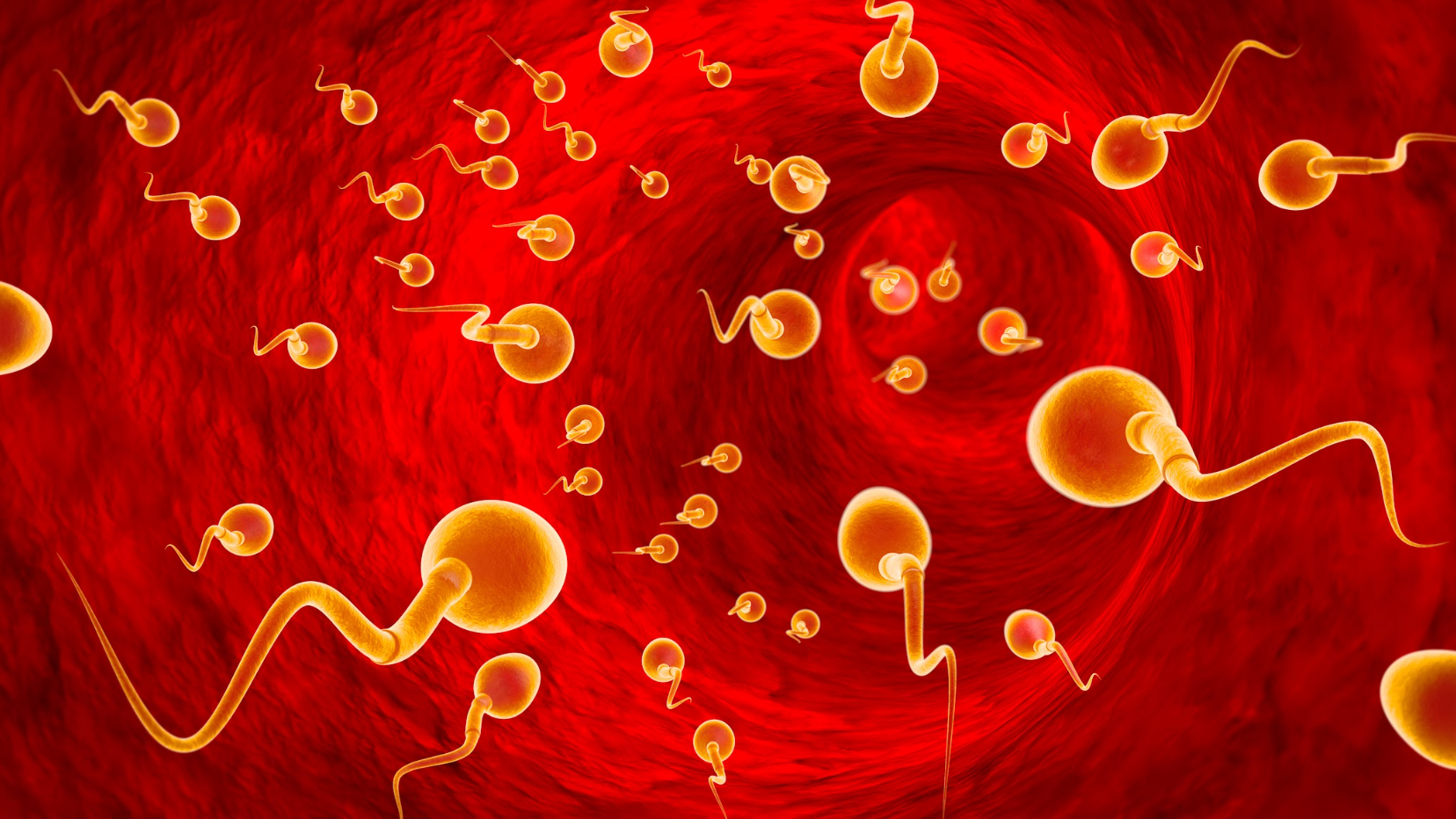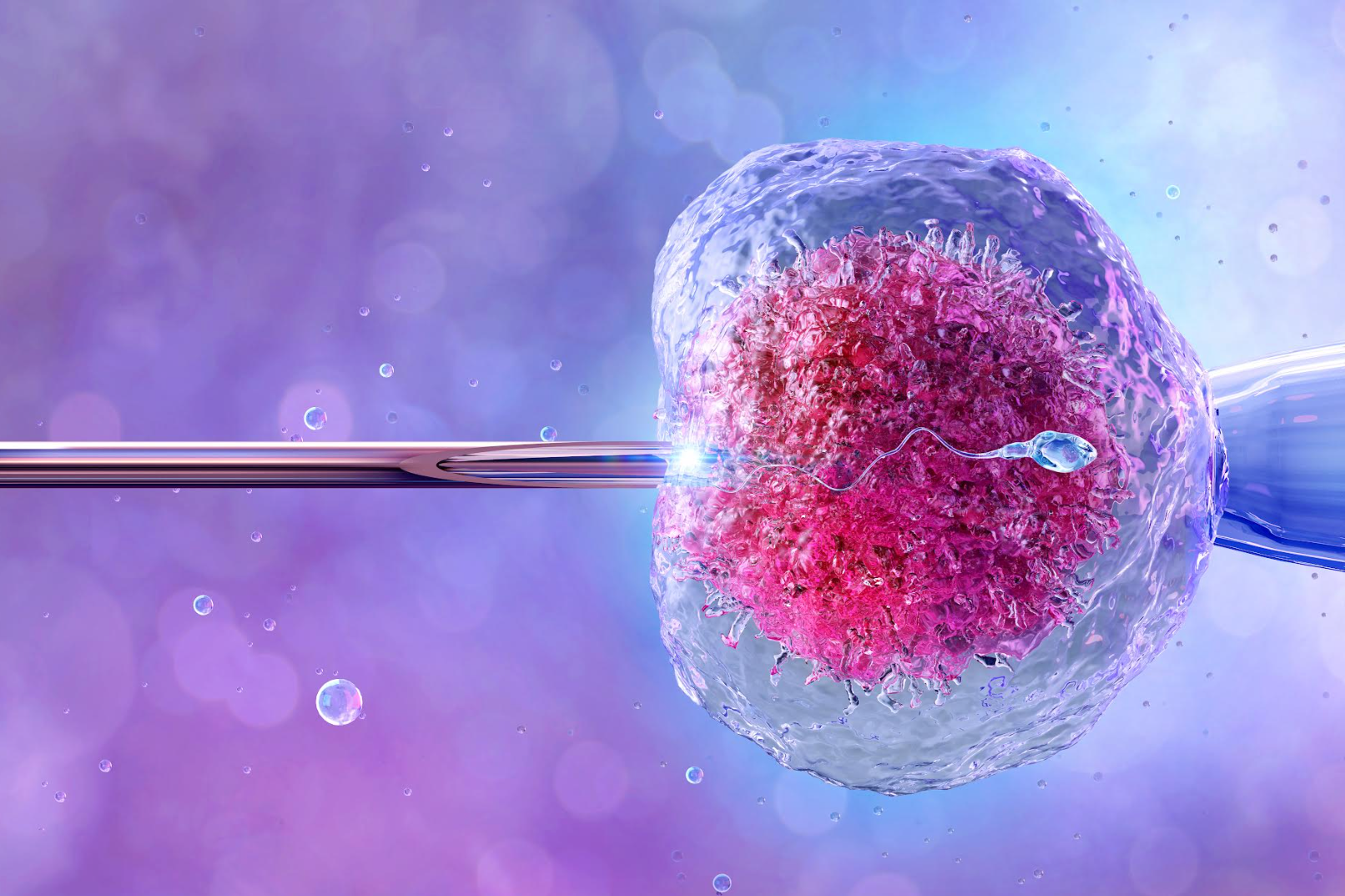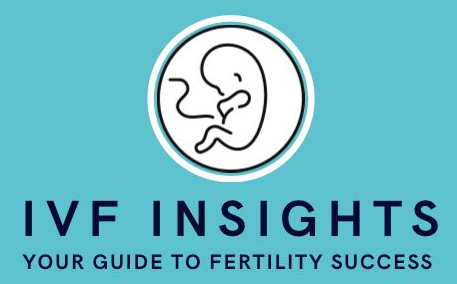
Understanding ICSI vs IVF: Making Informed Choices
Fertility challenges can be emotionally and physically demanding, making informed decisions about fertility treatments crucial. Two common options for couples facing infertility are Intra-Cytoplasmic Sperm Injection (ICSI) and In Vitro Fertilization (IVF). In this article, we'll go deeper into the world of ICSI and IVF to help you in making well-informed choices depending on your fertility challenges as you're endeavoring to build a family.
You Might Also Like: Difference Between IVF, IUI and ICSI: What You Should Know
Defining ICSI vs IVF
Intra-Cytoplasmic Sperm Injection (ICSI)
ICSI is an advanced fertility procedure used in conjunction with IVF. It involves the direct injection of a single sperm into the cytoplasm of an egg to facilitate fertilization. This method is particularly beneficial for couples dealing with male infertility issues, such as low sperm count or poor sperm motility.
In Vitro Fertilization (IVF)
IVF is a comprehensive fertility treatment that involves the collection of eggs from the woman's ovaries, fertilization with sperm in a laboratory setting, and the transfer of the resulting embryos into the woman's uterus. IVF is often recommended for a wide range of infertility issues, including endometriosis, fallopian tube blockages, and unexplained infertility.
Understanding these definitions is the first step toward making informed choices.
You Might Also Like: IVF, IUI & ICSI: How To Optimize Chances Of Success
Key Differences Between ICSI vs IVF
Nature of Fertilization
The primary difference between ICSI and IVF lies in the method of fertilization. In ICSI, a single sperm is manually injected into an egg, ensuring direct fertilization. In IVF, natural fertilization occurs when sperm and eggs are combined in a laboratory dish.
Suitable Candidates
ICSI is typically recommended when male infertility factors are a primary concern. It can help overcome issues like low sperm count, poor sperm motility, or abnormal sperm morphology. On the other hand, IVF is more versatile and is used in a broader range of infertility scenarios, including tubal blockages, endometriosis, and unexplained infertility.
Complexity and Cost
ICSI is often considered a less complex procedure compared to IVF. This also makes it more cost-effective. IVF involves a series of stages, including controlled ovarian stimulation, egg retrieval, and embryo transfer, making it more expensive and physically demanding.
Success Rates
ICSI has higher fertilization rates compared to traditional IVF when male infertility factors are involved. However, IVF often achieves higher success rates when overall pregnancy rates are considered, making it a preferred option for many couples.
Emotional and Physical Aspects
ICSI is generally less emotionally and physically demanding than IVF. IVF can involve hormone injections, egg retrieval, and more invasive procedures, potentially causing more stress and discomfort.

ICSI vs IVF: When to Choose ICSI
ICSI is a suitable choice when male infertility issues are a primary concern. If the male partner has a low sperm count, poor sperm motility, or other sperm-related issues, ICSI can bypass these obstacles and directly inject a single sperm into the egg. ICSI can significantly improve the chances of successful fertilization in such cases.
ICSI vs IVF: When to Choose IVF
IVF is a versatile option recommended in a variety of infertility scenarios. If you or your partner are dealing with issues like fallopian tube blockages, endometriosis, or unexplained infertility, IVF is often the preferred treatment. It allows for the collection of eggs, fertilization in a controlled environment, and the selection of healthy embryos for transfer.
ICSI vs IVF: Success Rates and Limitations of ICSI
Success Rates
ICSI often yields high fertilization rates, particularly when male infertility issues are the primary concern. It can significantly improve the chances of fertilization compared to traditional IVF.
Limitations
ICSI may not be the best choice in cases where male infertility is not the primary issue. Using ICSI when it is not necessary may not provide additional benefits and can incur unnecessary costs.

ICSI vs IVF: Success Rates and Limitations of IVF
Success Rates
IVF boasts higher overall success rates when pregnancy rates are considered. It is a suitable choice for couples with various fertility challenges.
Limitations
IVF can be more physically and emotionally taxing compared to ICSI. It also comes with a higher price tag due to the multiple stages involved. Some women may experience discomfort during the
egg retrieval process.
ICSI vs IVF: Factors for Informed Decision-Making
Making an informed choice between ICSI and IVF involves considering several factors:
Consult a Fertility Specialist:
The expertise of a qualified fertility specialist is invaluable. They can assess your specific situation and recommend the most appropriate treatment based on your unique factors.
Role of Medical Evaluations:
Thorough medical evaluations are crucial in the decision-making process. Your healthcare provider will evaluate factors such as the presence of male infertility issues, the condition of the fallopian tubes, the overall health of both partners, and the presence of any other fertility-related conditions.
Financial Considerations:
It's important to understand the financial aspects of each treatment. ICSI is often less expensive than IVF due to its relative simplicity. IVF involves multiple stages and can be more costly.
Emotional and Psychological Aspects:
Consider the emotional and psychological aspects involved in each treatment. IVF can be more demanding in terms of stress and discomfort, whereas ICSI is generally less emotionally taxing.

In the realm of fertility treatments, the decision between Intra-Cytoplasmic Sperm Injection (ICSI) and In Vitro Fertilization (IVF) is a momentous one with the potential to profoundly influence your journey toward parenthood. By seeking guidance from a fertility expert, appraising your individual parameters, and acknowledging your emotional readiness, you can make a well-informed decision.
Both ICSI and IVF share a common objective: to help you realize your aspiration of welcoming a child. The right choice is the one that harmonizes with your distinct requisites, principles, and situation. Your unique circumstances will serve as your compass in the selection of the most fitting fertility treatment.



